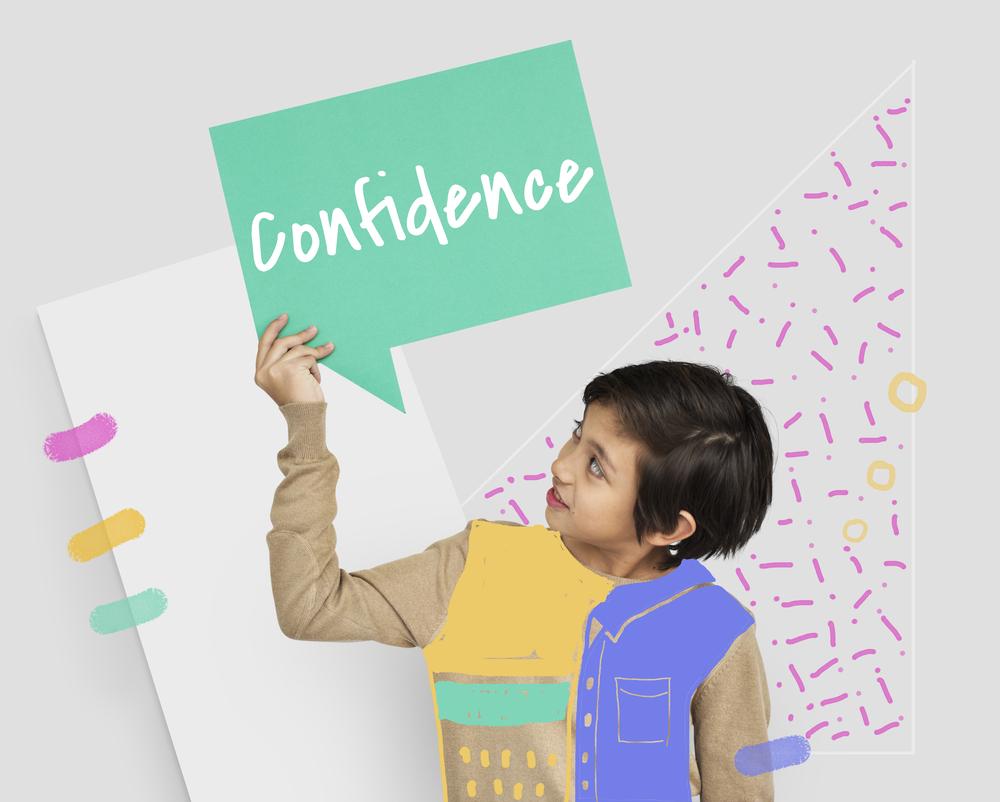Despite the fact that it is in everyone’s best interests to shield their kids from the dangers of the outside world, there will inevitably be situations where parents are unable to protect their children completely. Giving children the tools they need to cope with stress and adversity is the next best thing parents can do.
However, that does not entail the children being left to their own devices or having to do everything themselves. Instead, it calls for resilience in the sense that kids must be able to gauge solutions or problem-solve their next steps as well as know when to ask for assistance.
What exactly does resilience mean?
The American Psychological Association (APA) defines resilience as a process and result of overcoming difficult or demanding life experiences, particularly through mental, emotional, and behavioural flexibility and adaptation to internal and external demands.
In other words, resilience is the ability to respond effectively to adversity, trauma, tragedy, threats, or significant sources of stress, such as issues with family and relationships, serious health issues, or pressures at work and in the economy.

A big part of resilience is about ‘coming back’ from these challenging experiences, however, it can also result in significant personal growth.
Resilience is the one that helps kids in figuring out how to navigate through the adversities that they are facing.

How will resilience help my kid?
Just as adult life is often fraught with challenges such as marital problems, losing a loved one, financial problems, and more, childhood isn’t always all sunshine and rainbows.
Kids also face real-life problems and challenges in school settings or settings where parents may not be around them.
Children write exams, brace through the panic of finals, get sick, deal with bullies, make new friends, and sometimes even deal with losing friendships. These experiences are real-world problems and they may be traumatising too. Sometimes, parents may not be there to help intervene.
Resilience is the one that helps kids in figuring out how to navigate through the adversities that they are facing.
Factors that contribute to resilience
How well people adapt to adversity depends on a number of factors, the most important of which are:
- The perspectives and interactions people have with the world
How we perceive ourselves in relation to other people and the world has an impact on our beliefs and behaviours. - Coping mechanisms
In order to cope, you typically have to accept or tolerate unpleasant situations or truths while attempting to maintain a healthy sense of self and emotional balance. Coping happens when there are perceived to be stressful life changes. - The quantity and quality of social resources
When facing challenges, connecting and understanding people can serve as a reminder that you’re not alone.
Tips for Parents to Raise Resilient Children
#1 Cultivate a positive self-view

Encourage your child to develop self-confidence in their ability to solve problems and make wise choices. Remind them of the times they dealt with adversity in the past and emerged stronger and better.
Occasionally, remind them of their good qualities for some positive reaffirmation as well. When kids have a positive view of themselves, it helps them realise their strengths and weaknesses while also acknowledging and owning their potential. When we have a negative view of ourselves, we’re more prone to focus on our flaws and weaknesses. The same applies to our children too.
#2 Help children understand and express their emotions

Resilience is largely characterised by emotional awareness and good emotional regulation. Teach your children to recognise and name their emotions or feelings. This aids in their ability to control their emotions and enables them to relate those emotions to potential solutions that might help them deal with said feelings in a healthy way.
By observing your child’s body language and facial expressions, you can try to gauge how they are feeling at that moment. For instance, you can draw attention to the fact that your child is crying and making fists by asking, “You have tears in your eyes and your hands are in fists. Are you upset right now?”
When you actively participate in conversations that help your kids identify their feelings, this also functions as a brainstorming process for a response from your child as well as discussing possible solutions with your child. This step can also be used as your child matures.
#3 Teach your child to prioritise self-care
Take the time to eat healthy, exercise, take mental health breaks, and get enough sleep – these are all examples of self-care. Make it a habit to remind your children that self-care is paramount to improving their health.
Another important aspect to remember is to make sure your child has time to just be a kid. You should encourage your child to have fun and participate in activities that they enjoy. This will help your child balance their studies and free time.
#4 Tell your child that it’s okay to ask for help

A resilient person will always find a way to bounce back from obstacles. This emergence of victory, in most circumstances, is not possible without help of others in some way, shape, or form.
Adults sometimes struggle to ask for help, and kids are no different either. Whilst adults may struggle with a few conundrums before they eventually decide to ask for help, children sometimes simply do not know how to seek help. Hence, teaching them the many ways of asking for help can be a really beneficial life skill.
#5 Remind yourself that it’s okay to see your child fail and try again

It’s only natural that a parent’s immediate instinct is to protect their child from the hardships of life. However, there will be a time where your child will inevitably make a mistake, and it’s totally okay, so long as the mistake helps them grow in the end.
It’s not wise for you to always step in and save the day, as this will not give your child the opportunity to practise their life skills. For example, if your kid forgets their homework at home for the second or third time, you may want to let them handle this with their teacher. Sometimes your child needs to be held responsible for forgetting their homework. It’s instances like this that remind your kids of responsibility and instill disciplinary values in them. If you were to sweep in, you may hinder your child from learning this very important lesson.
#6 Help your kid practice time management

Between homework, extracurricular activities, and playtime, there’s just a lot for a kid to do. Practicing time management with your child enables your child to learn the balance between study time, playtime, and downtime.
If your child is young, you can start by teaching them how to plan and organise their time. For example, you can tell them that the morning hours are for school or learning-related activities, the afternoon is for lunch and naps, the evening is for playtime, and the night is for dinner and bedtime. This will eventually become a part of your child’s routine, and they will instinctively stick to this schedule until they have the ability to develop their own schedule.
This fundamental skill can help your child plan out their goals and hopefully build a solid foundation for a life full of success.
#7 Encourage your child to help others

Both learning to ask for help and learning to help others are crucial life skills. Kids always look up to their parents as a frame of reference. Here’s where your acts of kindness can set a good example for your kids to follow.
Even something as straightforward as holding the door open for someone can be viewed as a kind act, and your child might be inspired to emulate you. It’s also important to remind your child that helping someone within their means is acceptable and that going above and beyond their means is not required. Emphasise that even small acts of kindness go a long way.
When they help others, they might feel good about themselves.
Source: Scholastic, American Psychological Association, Psychology Today, Psych Central













